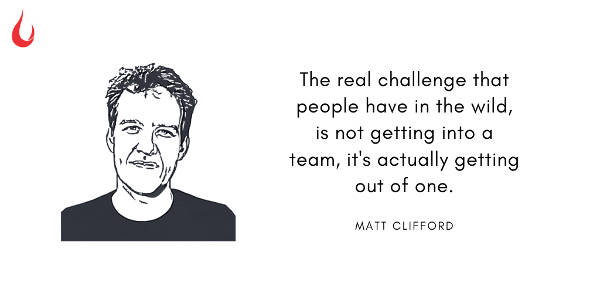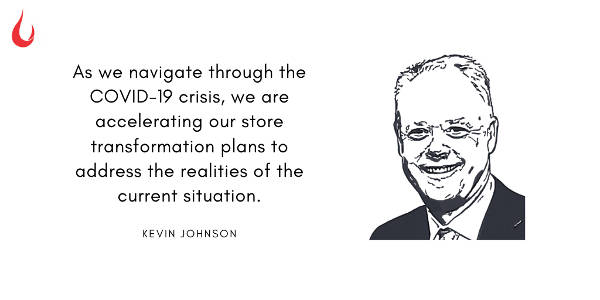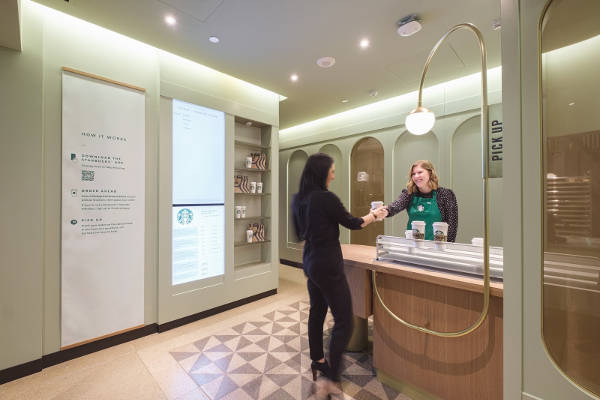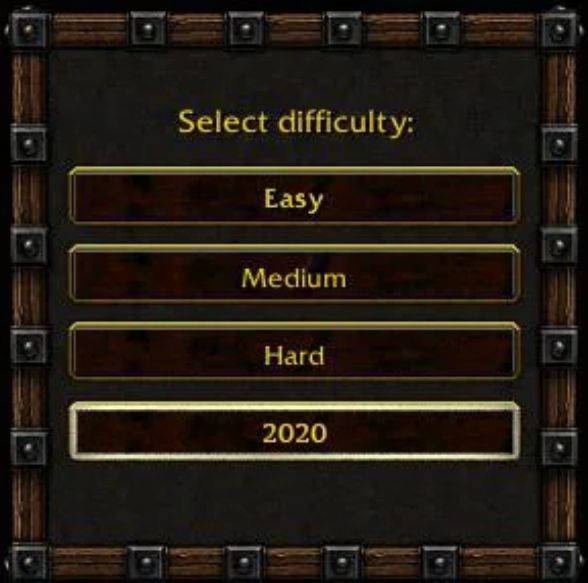[Image by composita from Pixabay]
Good morning,
In The Gene: An Intimate History Siddhartha Mukherjee makes an insightful observation while introducing Oswald Avery, a Canadian-American medical researcher. Avery is best known for an experiment that established that it’s DNA (and not protein) that causes bacterial transformation. Avery was 66 when the experiment was reported. Mukherjee writes:
“Like musicians, like mathematicians—like elite athletes—scientists peak early and dwindle fast. It isn’t creativity that fades, but stamina: science is an endurance sport. To produce that single illuminating experiment, a thousand non illuminating experiments have to be sent into the trash; it is a battle between nature and nerve.”
As we started fighting the crisis a couple of months ago, it looked as if we had to run a 100-metre sprint everyday. However, as the crisis continues it increasingly looks as if fighting the coronavirus, like mathematics, sports and science, is an endurance sport. Peaking early and dwindling fast will not get us there. How we pace ourselves will get more and more important.
How are you doing it? Let us know.
This evening we will be publishing the first edition of The Growth Factor, a weekly newsletter that will look at what’s happening in India’s micro, small, and medium-sized businesses. It will explore some of the biggest questions around small businesses through the stories of MSME owners, bankers, investors, customers, employees and technologists. You can subscribe here.
Have a great day.
Front load the failures

In a conversation with Azeem Azhar of Exponential View, Matt Clifford, co-founder of Entrepreneur First (a VC firm that invests in founders even before they have a business idea) explains the logic behind some of his novel approaches to venture capital and innovation. When it comes to co-founders, “the real challenge that people have ‘in the wild’ is not getting into a team, it's actually getting out of one,” he says. How does EF solve the problem?
“If you look at Entrepreneur First teams, after graduating from our program, they have co-founder breakups less frequently than teams in the wild. Now, that's not because they have less co-founder problems. Overall, it's just that we found a way to front load those issues into the six months that they're in our program.
“What we do is, instead of default stay together when you pair up, which is the thing that happens when you start a company with a friend, every week we're going to say, ‘Is this really the right team for you?’ ‘Shouldn’t you break up?’
“If you survive 26 weeks of that, you are pretty robust by the time you come out. It's a baptism of fire. We front load the failure, but once they're out and actually building the product, the failure rate because of team breakup is actually very low.”
Accelerate change
For long, Starbucks coffee shops have been the place where you spent hours talking with friends and colleagues or doing your work over a cup of coffee.

However, Starbucks was also witnessing another trend even before the coronavirus pandemic hit the world—about 80% of the orders in the company operated stores were “on the go”. The company was looking to roll out smaller stores with no seating over the next three to five years. Now, it will hasten the roll out thanks to “rapidly evolving customer preferences”.

Push your boundaries

(Via WhatsApp)
How have you been dealing with the tough times this year? Share your hacks with us. Or post on Twitter, and tag us @foundingf. Or join our Slack channel and post it there. If you aren’t there already, here is the invite code.
And if you missed previous editions of this newsletter, they’re all archived here.
Bookmark Founding Fuel’s special section on Thriving in Volatile Times. All our stories on how individuals and businesses are responding to the pandemic until now are posted there.
Warm regards,
Team Founding Fuel

